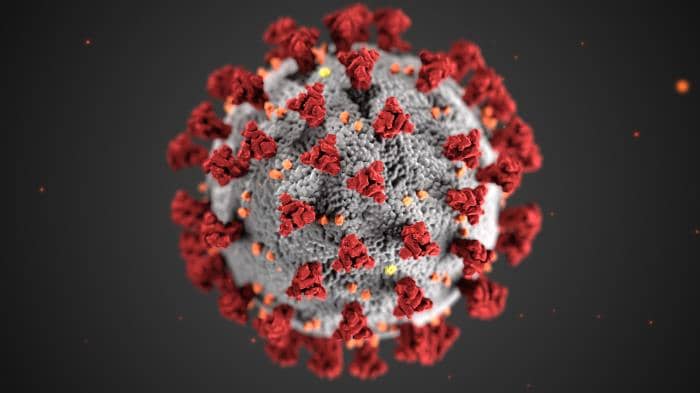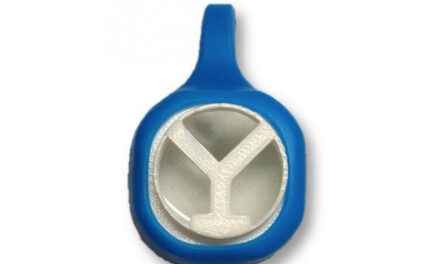A scientist at Seattle Children’s Research Institute suspected he had covid-19, so he came up with a new cell-free test that looks at protein interactions using flow cytometry and is more broadly applicable than other antibody tests currently available.
The fruits of his curiosity, now published in the The Journal of Infectious Diseases, offer a reliable way to quantify whether an individual has neutralizing antibodies that could prevent the novel coronavirus from infecting cells using a method that is more broadly applicable than those currently available.
“If you think you’ve had COVID-19 and go to the doctor, they can test your blood and tell you whether or not you have antibodies to COVID-19, but that doesn’t tell you whether your antibodies are any good at functionally blocking the virus from binding to cells,” Smith said. “There are tests on the market now that can tell you that, but they are expensive and take a long time to get results. We wanted to develop a way to give you additional information about your immune status without all the barriers that make it difficult to use in a community setting.”
The newly developed diagnostic could have a range of potential commercial applications from broad community testing to assessing vaccine responses and screening for convalescent plasmas that have particularly high levels of neutralizing antibodies as a potential treatment.
Read more at Seattle Children’s Research Institute.





